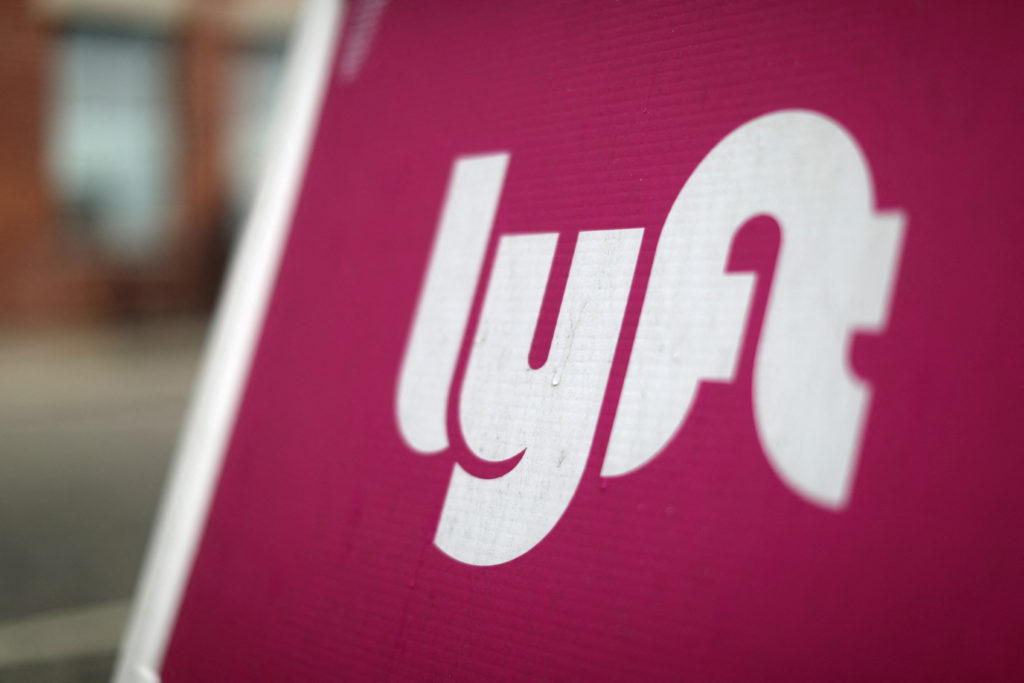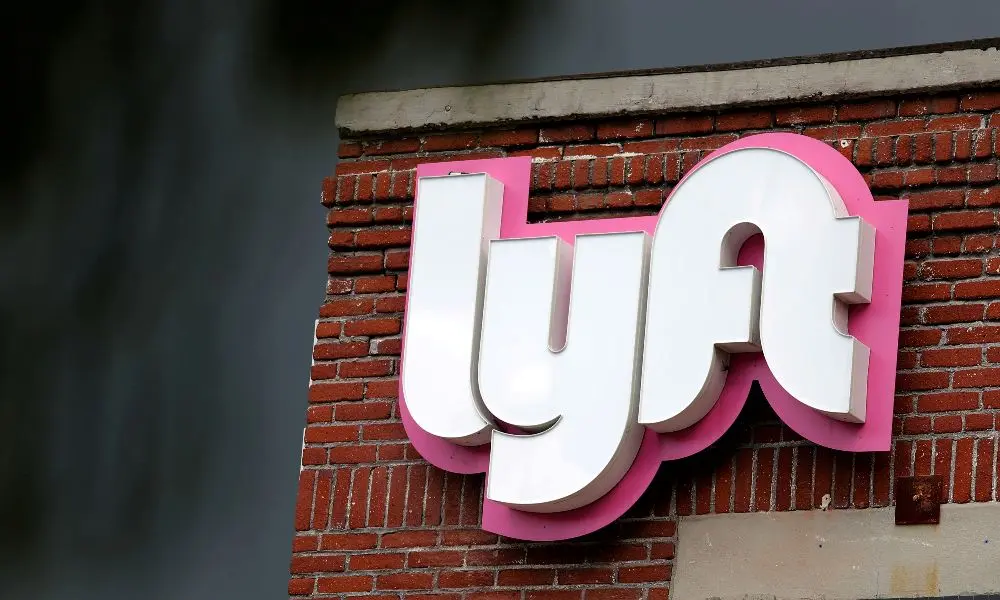Lyft (LYFT) intends to “significantly reduce” its workforce, according to the company’s new CEO, David Risher, who informed employees of the decision on Friday. This move is part of a broader effort to turn the company around and achieve profitability.
In a memo distributed across the company, Risher explained that the layoffs are designed to make Lyft a “faster, flatter company where everyone is closer to our riders and drivers.”
“I own this decision and understand that it comes at an enormous cost,” Risher wrote. “We’re not just talking about team members; we’re talking about relationships with people who’ve worked (and played) together, sometimes for years.”
This announcement follows Lyft’s previous decision in November to reduce its workforce by 13% due to concerns about an impending recession.
The new round of job cuts is expected to eliminate at least 1,200 positions, which could amount to over 30% of Lyft’s staff. A Lyft spokesperson did not provide specific details about the extent of the layoffs.
“David has made it clear that his focus is on creating a great and affordable experience for riders and improving drivers’ earnings,” the spokesperson stated.

“To achieve this, we need to reduce our costs and reorganize the company to ensure that our leaders are closer to riders and drivers. This is a difficult decision and one we are not making lightly. However, it will result in a stronger, more competitive Lyft.”
Last month, Lyft announced that David Risher, a veteran from Amazon, would take over as CEO in April, with co-founders Logan Green and John Zimmer stepping down from their management roles.
Risher, who was Amazon’s 37th employee and eventually became the e-commerce giant’s first head of product and head of U.S. retail, is now facing significant challenges with Lyft.
Unlike Uber, which diversified its business by expanding into meal and grocery delivery, Lyft did not pursue similar avenues. This lack of diversification hurt Lyft during the pandemic when fewer people were traveling but more were ordering items online.
Uber, on the other hand, has recently shown renewed strength. In its latest earnings report, Uber announced its “strongest quarter ever,” with a 49% year-over-year increase in revenue. Conversely, Lyft’s most recent earnings report was disappointing to Wall Street.
Although Lyft shares rose by 6% in midday trading on Friday, the company’s stock has declined approximately 70% over the past year.







Leave a Reply